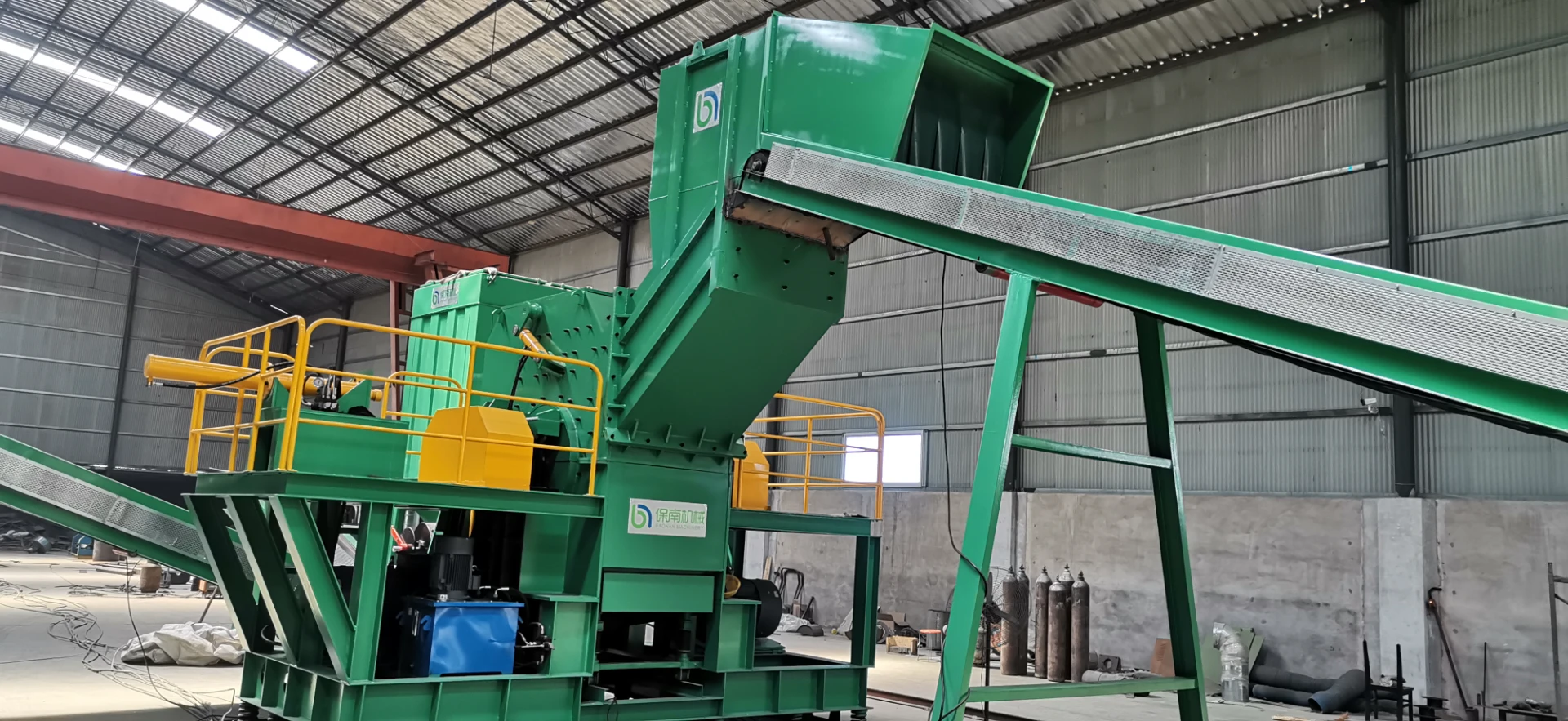

dec . 10, 2024 17:14 Back to list
The Importance and Functionality of Scrap Processing Plants
In an age where environmental sustainability is paramount, the role of scrap processing plants has become increasingly significant. Scrap processing plants focus on the recycling and repurposing of scrap materials, which includes metal, plastic, glass, and paper waste. These facilities not only contribute to reducing landfill waste but also play a crucial role in conserving resources, minimizing environmental impacts, and fostering a circular economy.
Understanding Scrap Processing
At its core, scrap processing involves the collection, sorting, and recycling of used materials. Scrap processing plants serve as the nexus for managing waste materials, transforming them into reusable resources. The process typically begins with the collection of scrap from various sources, including industrial operations, construction sites, and consumer items. Once collected, these materials are brought to the processing facility for sorting.
Sorting is a fundamental step in the scrap processing operation. Automated systems and manual labor work in tandem to separate different types of materials based on their composition. Metals, for instance, are often sorted into ferrous (containing iron) and non-ferrous categories. Both types require distinct handling methods, as they have different melting points and recycling processes. After sorting, materials are cleaned and prepared for further processing.
The Processing Methods
Once materials are sorted, they undergo various processing methods to transform them into raw materials suitable for manufacturing. For metals, this often involves shredding, melting, and refining. The resulting molten metal can then be cast into new forms, ready to be utilized in manufacturing, construction, or automotive industries.
For other materials, such as plastics and glass, recycling processes may involve grinding, washing, and remelting. The goal is to break these materials down into small, manageable pieces that can be easily integrated back into the production lines of various industries.

Environmental Benefits
The benefits of scrap processing plants extend far beyond mere waste management. By recycling scrap materials, these plants significantly decrease the demand for virgin resources. This not only helps preserve natural habitats but also reduces energy consumption associated with extracting and processing raw materials.
For instance, recycling aluminum saves up to 95% of the energy required to produce new aluminum from bauxite ore. Similarly, recycling steel can save about 60% of the energy and reduce greenhouse gas emissions correspondingly. Thus, scrap processing plants are vital in mitigating climate change and fostering a sustainable future.
Economic Advantages
In addition to environmental benefits, scrap processing plants also offer considerable economic advantages. They create jobs in both local and national economies, providing employment opportunities across various sectors, from collection and transportation to processing and sales. Moreover, recycling initiatives contribute to the economy by reducing costs associated with waste disposal and raw material procurement.
The scrap recycling industry has grown significantly over the past few decades, becoming a multi-billion dollar sector that supports numerous ancillary industries, including manufacturing, construction, and retail.
Conclusion
Scrap processing plants are an integral part of our modern waste management ecosystem. Their ability to recycle and repurpose materials not only reduces the burden on landfills but also offers significant environmental and economic benefits. As society shifts towards a more sustainable future, the importance of scrap processing will only continue to grow. Investment in these facilities and continued innovation in recycling technologies will be essential as we strive to build a circular economy, ensuring that materials are reused and recycled indefinitely. By recognizing the value of scrap processing, we can all play a part in fostering a healthier planet for future generations.
Latest news
Troubleshooting Common Eddy Separator Problems
NewsJul.04,2025
The Role of Metal Recycling Plants in Circular Economy
NewsJul.04,2025
The Impact of Recycling Line Pickers on Waste Management Costs
NewsJul.04,2025
Safety Features Every Metal Shredder Should Have
NewsJul.04,2025
How Industrial Shredders Improve Waste Management Systems
NewsJul.04,2025
How Cable Granulators Contribute to Sustainable Recycling
NewsJul.04,2025